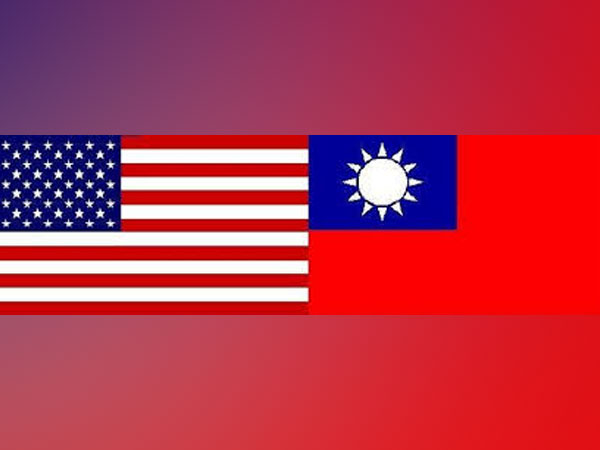Taiwan Boosts Defense with M1A2T Abrams Tanks amid Rising Tensions
Taiwan has received 38 M1A2T Abrams tanks from the United States, the first such delivery in 23 years. This is part of a larger 122-tank order amidst growing tensions with China. The advanced tanks are seen as crucial to Taiwan's defense, despite concerns about their suitability for the region's terrain.

- Country:
- Taiwan
In a significant military development, Taiwan has taken delivery of 38 M1A2T Abrams tanks from the United States, marking the first such delivery in two decades, according to Radio Free Asia. This shipment forms part of a larger order of 122 tanks scheduled for completion within the next two years.
The M1A2T, an advanced iteration of the M1 Abrams produced by General Dynamics, boasts formidable features including a 120mm smoothbore gun capable of piercing up to 850mm of armor. While experts have expressed concerns about the tanks' effectiveness in Taiwan's mountainous and urban landscapes, their introduction is seen as a major boost to Taiwan's military capabilities amidst escalating tensions with China. Compared to Taiwan's existing M60A3 and CM11 tanks, the M1A2T represents a technological leap, offering enhanced armor, speed, and a 'hunter-killer' capability to track multiple targets simultaneously.
Eric Gomez, a senior fellow at the Cato Institute, highlighted the strategic importance of these tanks in defending key landing sites against potential Chinese invasion forces. While Chinese forces may use lighter armored vehicles, they lack main battle tank support, positioning Taiwan's Abrams as a significant deterrent. Despite terrain-related concerns, the M1A2T is unanimously seen as enhancing Taiwan's military posture against Chinese pressure, which continues to rise after repeated Chinese opposition to U.S.-Taiwan defense cooperation. In response to the deal, China's Ministry of Foreign Affairs reiterated its stance, asserting that Taiwan's reliance on foreign military support is destined to fail and vowing to safeguard its national sovereignty.
(With inputs from agencies.)
- READ MORE ON:
- Taiwan
- US tanks
- defense
- China
- tensions
- M1A2T
- delivery
- General Dynamics
- military
- territorial integrity
ALSO READ
Tensions Rise as BJP Plans Border Blockade Over Hindu Persecution in Bangladesh
Trump Taps Perdue For China, With Trade Tensions On Horizon
Diplomatic Tensions: Paraguay Expels Chinese Envoy
Tensions Rise: President Meets with Party Leader Amid Controversy
Tensions Rise in Uttar Pradesh's Sambhal District Amidst Babri Masjid Anniversary










